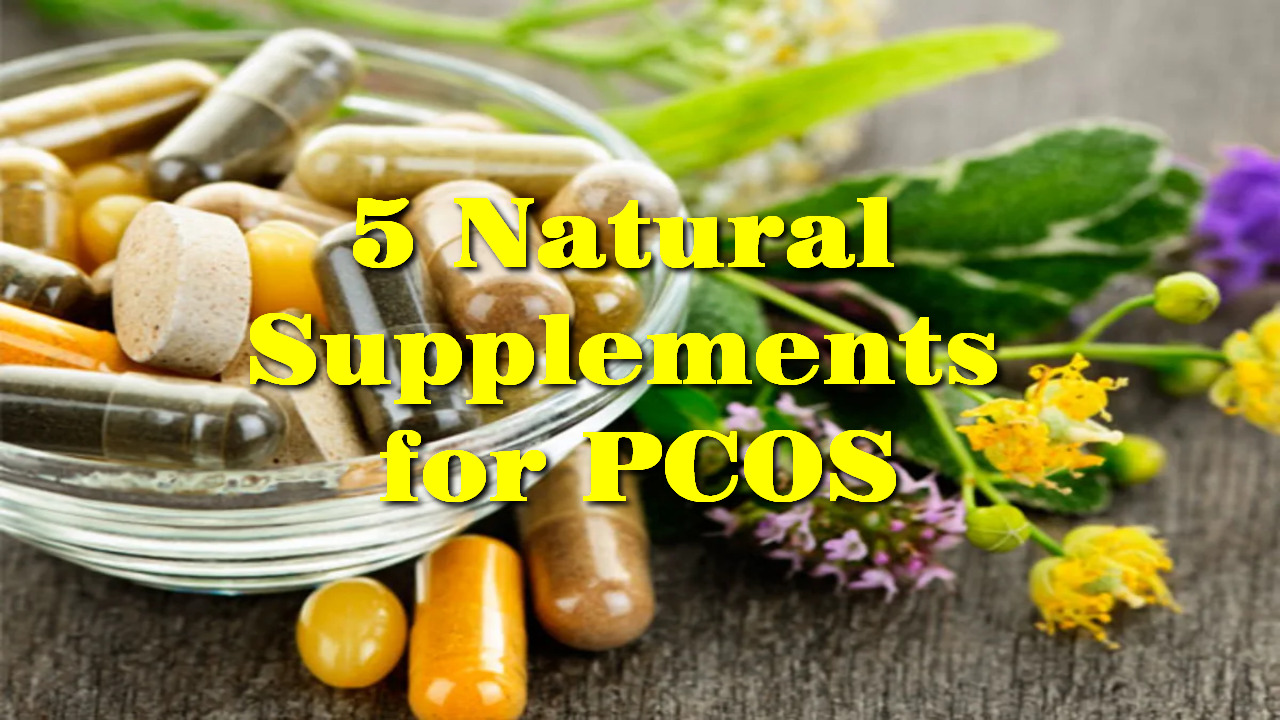5 Natural Supplements for PCOS
Polycystic ovary syndrome (PCOS) is a common hormonal disorder among women of reproductive age. Typical symptoms include irregular periods, weight gain, acne, and excessive facial and body hair growth. In addition to infertility (difficulty or inability to conceive and bear), which is caused by all forms of polycystic ovarian lesions, complications can include arterial hypertension, heart attacks and strokes (due to thromboembolism, atherosclerosis), obesity, development of type 2 diabetes, and increased risk of endometrial cancer and breast cancer. PCOS can make it difficult to get pregnant and often requires medical treatment. While there are many drug-based treatments available for PCOS, the best supplements are natural supplements.
For many women living with PCOS, natural supplements may be able to provide some relief from symptoms. Certain herbal remedies have been found to reduce imbalances in estrogen levels that are typical with PCOS. Here are five natural PCOS supplements that have proven effective.
Vitamin B6

Vitamin B6 can help reduce unwanted androgen levels in women with PCOS. It also helps reduce inflammation and stabilize blood sugar levels, which can both be contributing factors to PCOS. Vitamin B6 is naturally found in foods such as fish, poultry, fortified cereals, grains, legumes, potatoes, and bananas.
Omega-3 Fatty Acids

Omega-3 fatty acids have been shown to have a beneficial effect on insulin sensitivity and lower inflammation in those with PCOS. Flaxseed oil is an excellent vegan source of omega-3s, and it can easily be added to smoothies or yogurt for an easy way to get more omega-3s in your diet.
Magnesium

Magnesium has been shown to increase insulin sensitivity in those with PCOS and could potentially help regulate menstrual cycles in addition to reducing symptoms associated with PCOS, such as fatigue and depression. Sources of magnesium include green leafy vegetables like spinach or swiss chard as well as nuts, seeds, and some types of fish such as tuna or salmon.
Vitamin D

Vitamin D has been found to increase hormonal regulation, which could potentially reduce some of the symptoms associated with PCOS, such as acne breakouts or excessive body hair growth, due to its ability to regulate testosterone levels. It’s always important to have healthy amounts of vitamin D since our bodies create it when exposed to sunlight – so make sure you’re spending time outside when possible! Additionally, some food sources include milk (fortified), orange juice (fortified), salmon/tuna/mackerel/cod liver oil/egg yolks for non-vegan).
Zinc

Zinc has anti-inflammatory properties that may help prevent complications from high testosterone levels often experienced by those with PCOS since it can decrease inflammation at the root cause level. Good sources of zinc include oysters (non-vegan option), mushrooms, wheatgerm /wheat bran, cocoa powder / dark chocolate, pumpkin seeds, sunflower seeds, etc.
Besides, it is recommended that overweight PCOS patients control their diet, i.e., consume 1200-1500 kcal/day, and ensure that they participate in moderate physical activity for at least 30 minutes a day at least five days a week. By limiting calorie intake, exercising, addressing behaviors, receiving medication treatment, getting obesity surgery to reduce BMI to the normal range, and quitting smoking and drinking, patients can improve insulin resistance and free testosterone levels and reduce menstrual irregularities, excessive hair growth, acne, and other symptoms.

